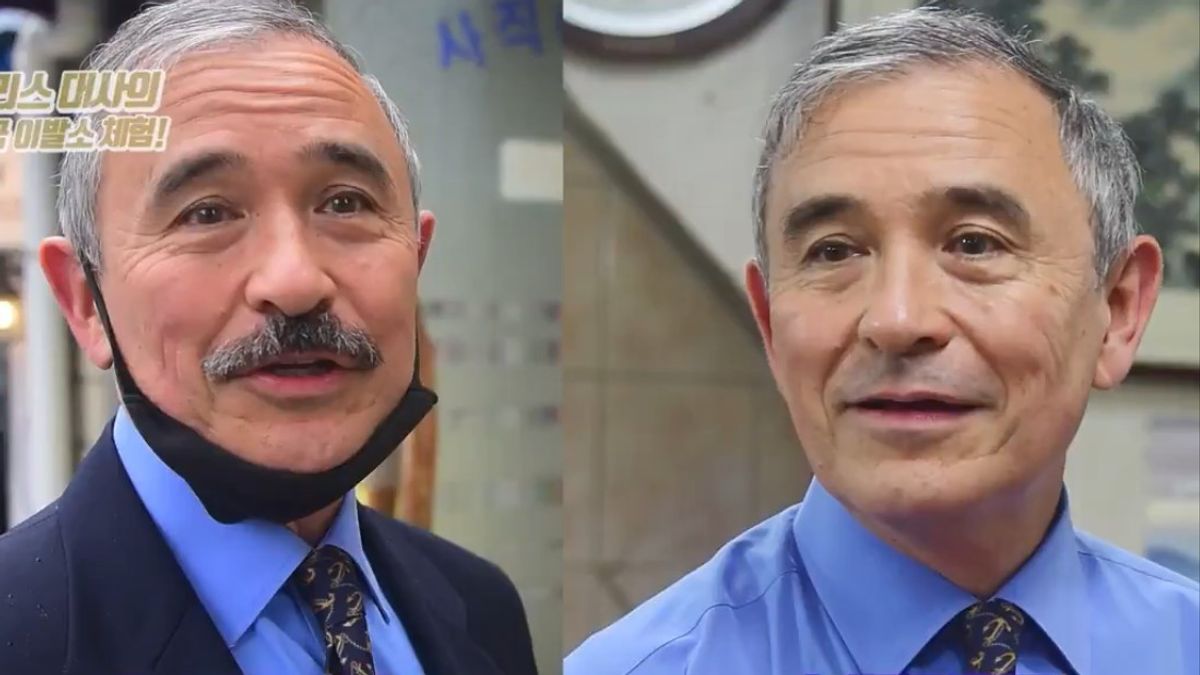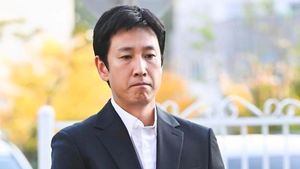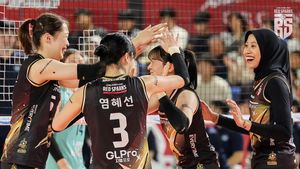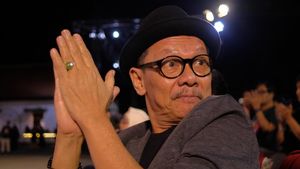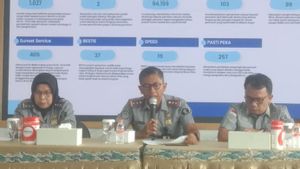Unusual events amid the COVID-19 pandemic came from the Ambassador of the United States (US) to South Korea (South Korea), Harry Harris. He was willing to shave his mustache to feel comfortable when wearing a mask in the middle of the harsh weather. His mustache had become a conversation because he was considered to resemble the Japanese leader.
The humid summer in Seoul made Harris feel hot and tight when wearing a mask. But instead of not putting himself and others at risk by not wearing a mask, he was willing to shave his mustache.
The shaving process, which invited laughter, was immortalized and uploaded on the US Embassy official Twitter account @USEmbassySeoul. "With the help of its Senior Advisor @sykimsy, @USAmbROK Harris visited the classic local barber to keep it a little 'cool' after the hot summer months," wrote the account.
With help from his Senior Advisor @sykimsy, @USAmbROK Harris visited a classic local barbershop to become a little "cooler" during the hot summer months. Curious about how it went? Watch the video to find out more. pic.twitter.com/cpabketRfd
- US Embassy Seoul (@USEmbassySeoul) July 25, 2020
Quoting CNN, wearing masks, testing and contact tracing have become an important part of efforts to prevent COVID-19 in South Korea. Therefore, there is no reason not to wear a mask there.
South Korea's readiness to implement the three points has also been widely praised. So far, the country of ginseng has recorded more than 14,000 cases and 299 deaths.
Controversial mustacheHarris has been the US ambassador to South Korea since July 2018. His mustache has drawn criticism from netizens. In January, Harris told reporters that his mustache "gained traction on the South Korean media" after he was the target of hate speech on social media.
This is because Harris's mustache is considered to be similar to the mustache of the iron-handed Japanese leaders who ruled the Korean Peninsula during the Japanese occupation of 1910-1945. These leaders include Emperors Hirohito and Hideki Tojo.
Under the Japanese occupation, many Korean people were brutally murdered and enslaved. This treatment is a bitter memory for elderly Koreans and remains a very emotional conversation, both in North Korea (North Korea) and in South Korea.
In recent years, issues relating to Japan in Korea have become a point of contention between Japan and South Korea. Another problem is that South Korea has a homogeneous society where mixed race families are rare and xenophobia - the fear of strangers - is common.
Harris was born to a half-blooded family in Japan. His mother is a Japanese and his father is an American. He is also a Navy officer and several netizens claim that Harris's mustache is of Japanese heritage.
But Harris is not Japanese, he is a US citizen. To call himself his Japanese ancestor would almost certainly be considered racist in the US.
"I understand the historical enmity that exists between the two countries but I am not the Japanese-American ambassador to Korea, I am the American ambassador to Korea," Harris said in an interview with the Korea Times in December 2019. "And taking that history and putting it on me just because of my birth I thought it was a mistake, "he concluded.
The English, Chinese, Japanese, Arabic, and French versions are automatically generated by the AI. So there may still be inaccuracies in translating, please always see Indonesian as our main language. (system supported by DigitalSiber.id)
